Insights on new Science of Reading research and how to find peer-reviewed research
Dr. Kristin Gehsmann, our esteemed guest writer for this article, is the Dean of the College of Education at Clemson University and the author of Teaching Reading and Writing: The Developmental Approach (PreK-8). In this insightful article, Dr. Gehsmann discusses how educators can make the most informed decisions about new science of reading research and provides some wonderful tips and resources for finding peer-reviewed research.
Becoming an expert in analyzing and conducting research takes years to develop! However, in its simplest form, research is just the systematic exploration of a question, problem, or hypothesis, and yes, there are widely accepted standards that must be adhered to when conducting these studies – too many to review today! But this is where the peer review process comes in handy; when reading primary research studies, you’re going to want to look for articles that have been vetted by experts in the field – we call this blind review or peer reviewed research – and you’ll want to look at journals that have high impact factors – a higher impact factor means experts in the field think highly of the journal and cite the research that’s published in it.
Realistically, it’s not reasonable to expect educators to keep up with hundreds of newly published research articles each year. It can be helpful if there is a curriculum expert such as reading coach or reading specialist in a school or district, who has time set aside in their schedules to keep up to date on emerging research and help translate that research into practice. Unfortunately, many districts don’t have the resources to employ such specialists. In these cases, teachers may consider taking graduate courses or pursuing advanced licensure credentials, such as the reading specialist endorsement in their state.
There are professional organizations that provide easy and affordable access to these resources. The International Literacy Association is one such organization. If you go to their website (literacyworldwide.org), you’ll see they’ve devoted entire issues of their journals devoted to the Science of Reading, and they have low-cost resource bundles of articles, archived presentations, and webinars by top scholars in the field. You can find these resource collections under the “resources” tab.
Finally, it’s important to find research that has been conducted in “naturalized settings” that reflect the population of students and teachers you work with. It’s also important, whenever possible, to find studies that have been replicated, which is surprisingly quite rare in the field of education. If that’s not possible, look for a number of well-conducted studies that point to the same outcomes. You want to look for what I call a “constellation” of evidence.
Lastly, I’d advise educators to be wary of the headlines in popular press and even some education newsletters. If the article catches your attention and it sounds interesting, track down the original research study and read it yourself. Too often, studies that make the headlines are cherry-picked, and/or are the findings are misrepresented in the popular press.

